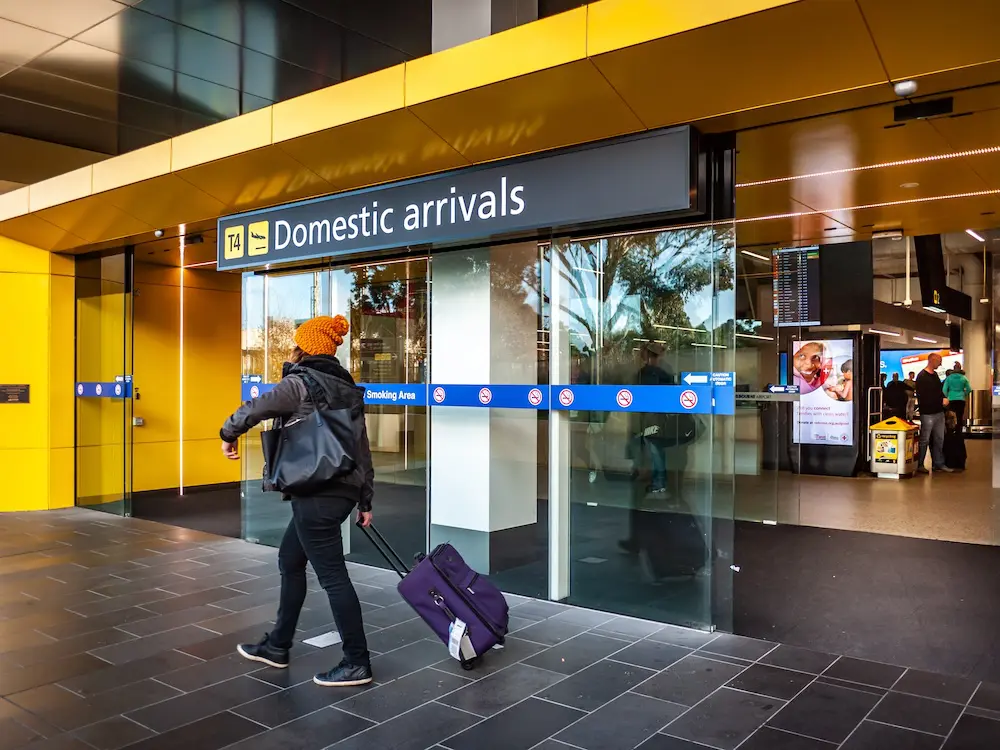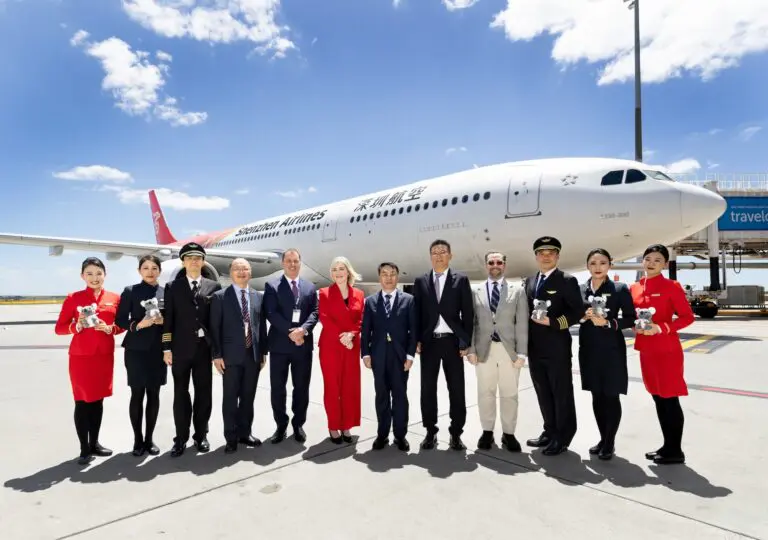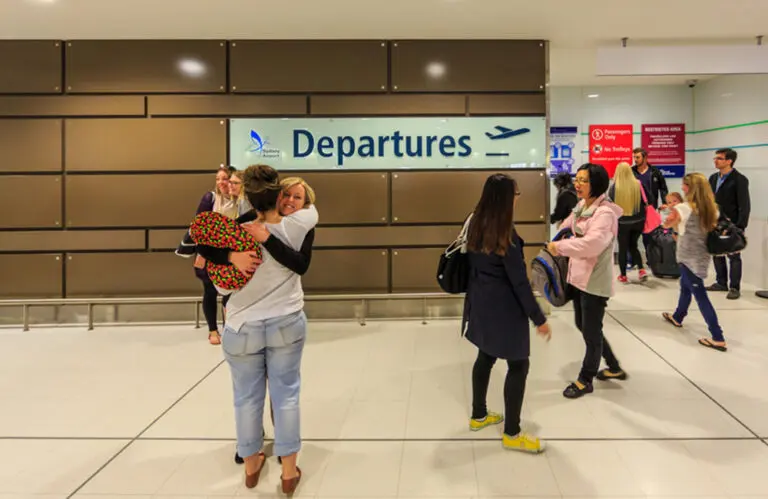It’s been a long time coming, but Australian domestic air travel has finally rebounded to pre-pandemic levels in terms of passenger numbers and capacity, the ACCC’s latest Domestic Airline Competition in Australia report has revealed.
In March 2024, major airlines Qantas, Virgin Australia, Jetstar, Rex and Bonza carried some 4.9 million domestic passengers, reaching 98.8 per cent of March 2019 figures.
Seat capacity also closely matched that of five years ago, with major airlines offering around 6.2 million seats in March 2024.

ACCC Commissioner Anna Brakey said, “after four years of instability, the domestic airline industry has returned to more typical seasonal levels that were last seen before the pandemic”.
“The increase in airline seat capacity has contributed to lower airfares for consumers on domestic routes. We hope to see this trend continue as the airline industry returns to a more stable market.”
While travellers enjoyed more affordable flying, the lower fares contributed to a drop in revenue per domestic passenger for airlines, with a nominal decrease of 1.4 per cent and a real decrease of 4.8 per cent in March 2024, compared to March 2023.

One month earlier
In February 2024, domestic passenger numbers surpassed 2019 levels for the first time since the pandemic.
While there was a spike in airfares on certain routes, these were likely due to high demand from several major events during the month including Taylor Swift’s Melbourne and Sydney concerts and a World Wrestling Entertainment event in Perth.
Not so Bonza
Travellers will face fewer direct flights to regional destinations if Bonza fails to resume services after entering voluntary administration. Its grounding could also impact airfares.
The low-cost carrier, which focused on connecting regional hubs, had helped drive up the number of domestic routes in Australia to 178 in March 2024, a net gain of 22 routes since 2019. Before its administration, Bonza offered 37 domestic routes, with 35 connecting regional locations – and 30 of those routes were not served by any other airline.
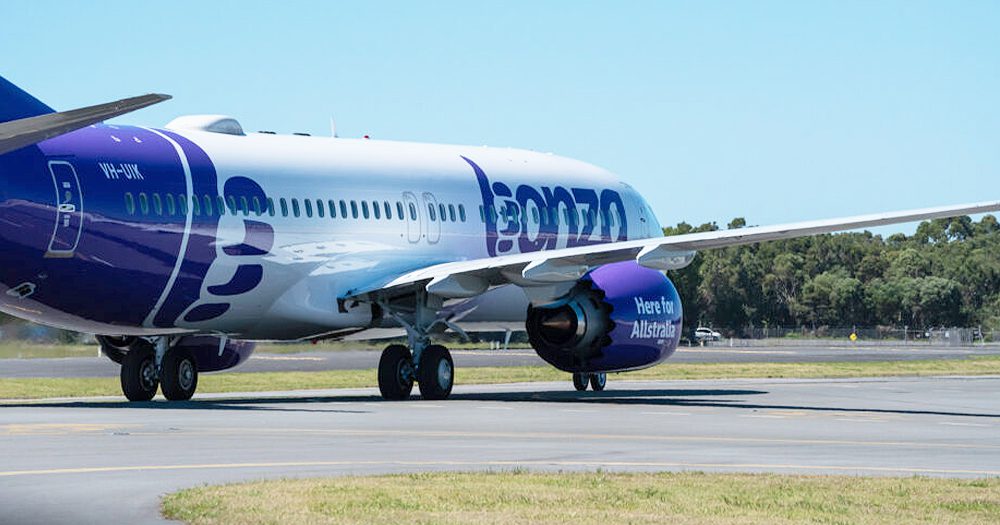
“Since Bonza began operations, travellers benefited from more affordable airfares and the convenience of direct connections to various regional and holiday destinations otherwise not offered by other airlines,” Ms Brakey said.
Most notably, Bonza’s suspension of services will affect direct connections at Maroochydore (Sunshine Coast) and Coolangatta (Gold Coast) airports, with non-stop services from Maroochydore dropping from 14 to three routes and Coolangatta connections halving.
Despite its efforts, Bonza struggled to capture more than two per cent of the passenger market, competing with other airlines on just seven of its routes.
“While Bonza’s impact on competition had been limited to date, its presence represented an opportunity for greater competition to emerge in the highly concentrated domestic aviation sector,” Brakey said.
Reliability rising for airlines
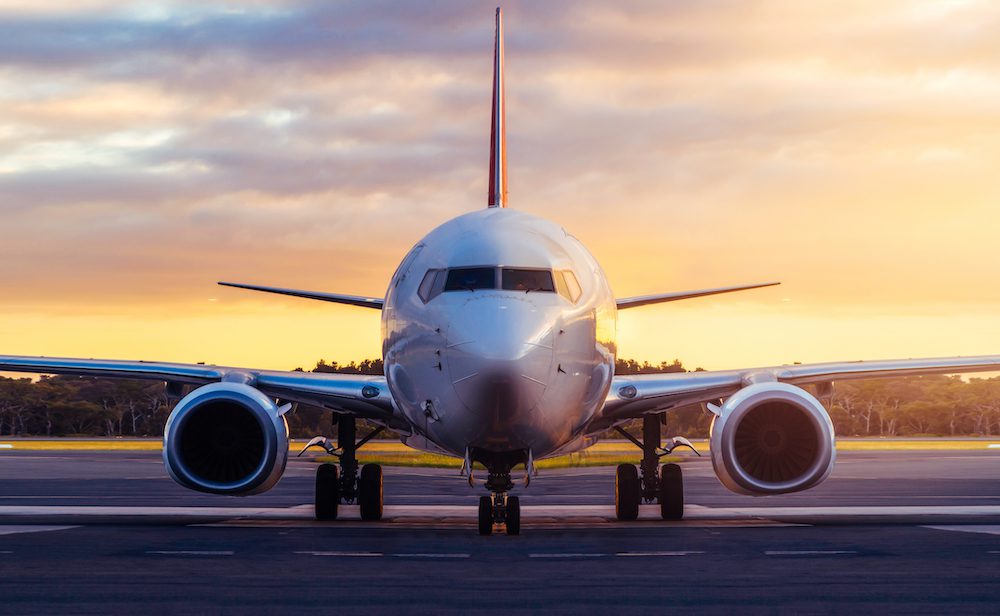
Service reliability in the aviation sector has improved recently.
In March 2024, just 2.8 per cent of flights were cancelled, an improvement from 5.0 per cent in December 2023.
On-time performance also improved, with 77.2 per cent of flights on schedule in March 2024, up from 63.6 per cent three months prior.
Fairer fares?
The recent decrease in airfares follows on from a downward trend last year. After reaching record highs in late 2022, domestic fares fell on the whole in 2023, with prices across all fare types falling on average by 13.4 per cent in December 2023 compared to December 2022, according ACCC data.
Internationally, recent Flight Centre Travel Group data shows that average airfares to New Zealand, Japan, the United States and the Middle East fell by more than 20 per cent in the first quarter (Q1) of 2024 compared to the same period last year, as international capacity from Australia virtually reached 2019 levels.


